Soccer & Society, in conjunction with Routledge/Taylor & Francis Online, have published a variety of articles on soccer in Ireland. The special edition addresses economic, historic and social aspects of the soccer. A full list of the articles can be found here.
Robbie and I have made a contribution. Our article entitled Rule changes and incentives in the League of Ireland from 1970 to 2014 offers a broad analysis of the developments in the League of Ireland from the 1970’s onward. In particular it offers a descriptive account of the (many) changes to rules in the League, some of which were quite forward thinking at the time, such as the introduction as a 4-3-2-1 points system trialled in the early eighties. We also describe the evolution of the promotion/relegation system and the switch to Summer Soccer. In light of the changes, we analyse the number of goals scored from 1970-2014.
Changing the rules in the League, in an effort to have a more exciting sport, has made Irish football competitions particularly complex relative to their European counterparts. Despite the many attempts to improve our league through rule changes, the period has seen a general decline in the number of goals scored.
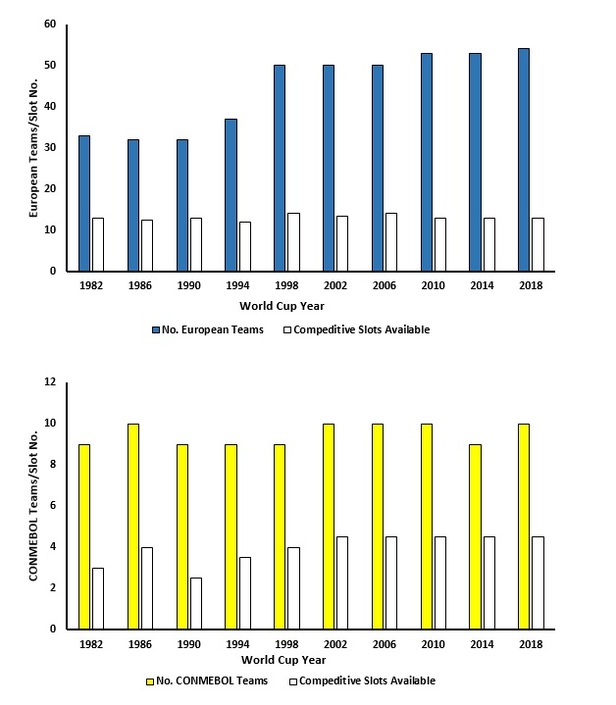
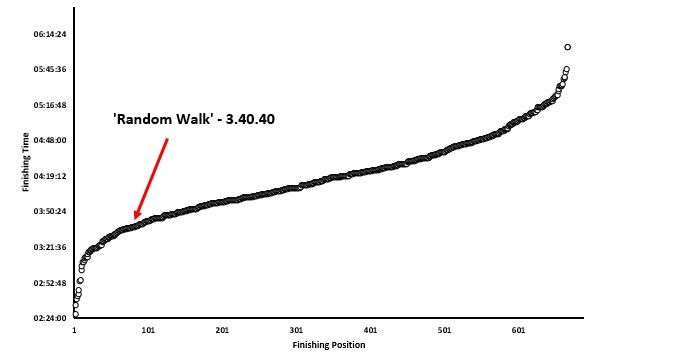
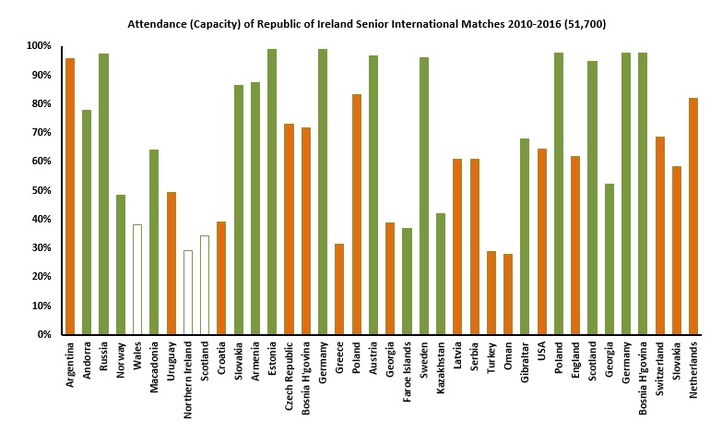
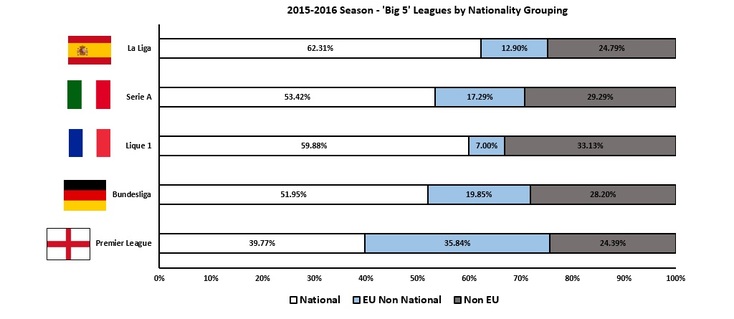
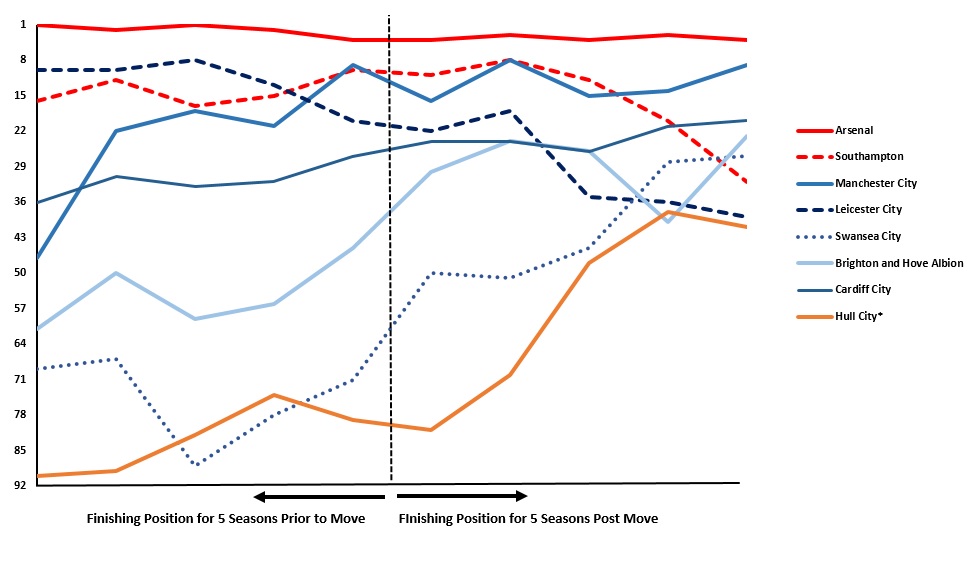
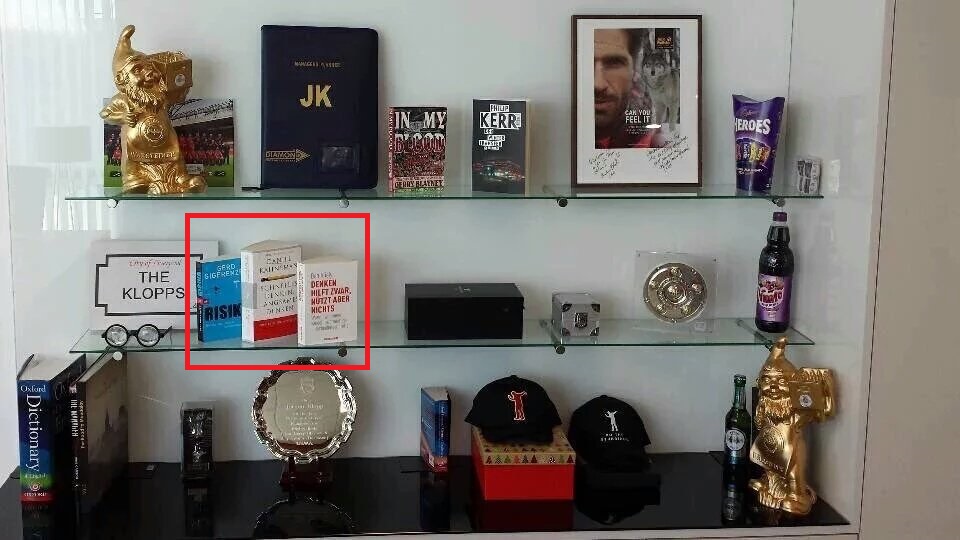
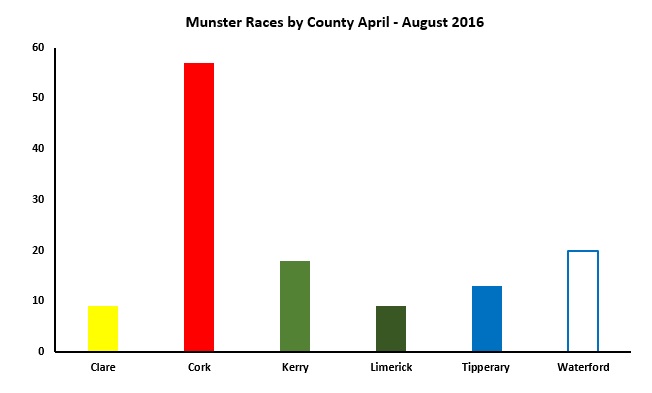
 RSS Feed
RSS Feed